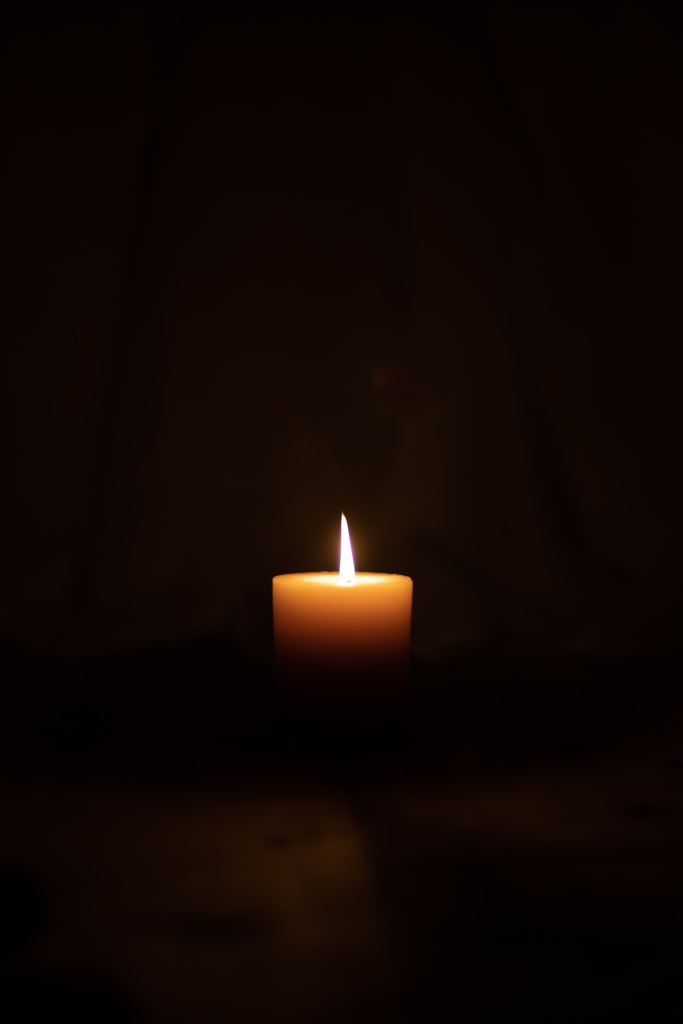Patient revolution needs an intellectual framework and for those of us who are Christians, our understanding of the Christian picture of God and the world can give us one.
You have to work a bit, though. The Bible isn’t an easy book and plenty of it sits uncomfortably with our 21st century cultures. Not the least of the problems is the book of Genesis, which sets up the whole story but definitely does not sit all that well for those of us brought up on the kind of reporting that checks facts, balances opinions, and prizes cool-headed objectivity.
Which is where Biblical scholarship can, at least in theory, help. And perhaps the most refreshing set of studies I’ve come across were written by John H Walton, now emeritus professor at Wheaton College.
Walton comes from the conservative and evangelical wing of things — twenty years at Moody Bible Institute for example –but his take on the ancient literature is refreshing and helpful.
I’ve just read a book co-authored by him about Noah’s flood. Which is a topic frequently avoided in polite company, but he is arguably rehabilitating it. A few points:
- It is, in someone’s poignant words, ‘before theology.’ This is how people in that cultural flow learnt who they were and who God was. Abstract, propositional theology had yet to be invented.
- It was written in a different cultural flow than the one we inhabit, and written to different conventions.
- The author is not ‘describing an event’ but ‘authoritatively interpreting what God was doing’. Genesis’ flood account is ‘a rhetorically shaped account of an ancient flood tradition’. You can’t reconstruct what actually happened from it in the same way you can’t write the story of Guernica from Picasso’s painting of it.
- It uses hyperbole. As the authors point out, if I say ‘this suitcase weighs a ton’, I am using hyperbole. People of a literalist cast of mind would wonder if I am lying. But I am not lying. They just haven’t grasped the idiom I’m using. Similarly with cataclysmic events in the Bible. To show their cosmic significance, hyperbole is deployed. If the flood really happened, it was not universal, but in the Genesis interpretation, it is described in universal terms so that we see its cosmic significance.
- The big picture it paints is of
- God bringing order to chaos, so that the whole of creation becomes his dwelling-place
- Death as God’s judgement on sin, sometimes through catastrophe, sometimes through old age, but always and everywhere, ‘death reigns’, with sorrow and sadness always following.
- But that’s the backing music. The melody is that God reigns even more supremely through kindness and mercy, in and through his care for his people, who are themselves (or are supposed to be) order-bringers and enjoyers of his company.
So, we can see a picture of God that one day involves
- God’s whole creation re-formed as his dwelling place
- Humans, in relationship with him, working towards that final destination
- Not, it is true, walking a straight line.
- Us happy to be slow in that work, not seeing its beginning or forcing its end, but fulfilling our bit of the story.







 Here’s the Apostle Paul: brilliant, intense, battered. Gnarly. Well-travelled, and when imprisoned, sending letters instead of sending himself. Eventually executed.
Here’s the Apostle Paul: brilliant, intense, battered. Gnarly. Well-travelled, and when imprisoned, sending letters instead of sending himself. Eventually executed.